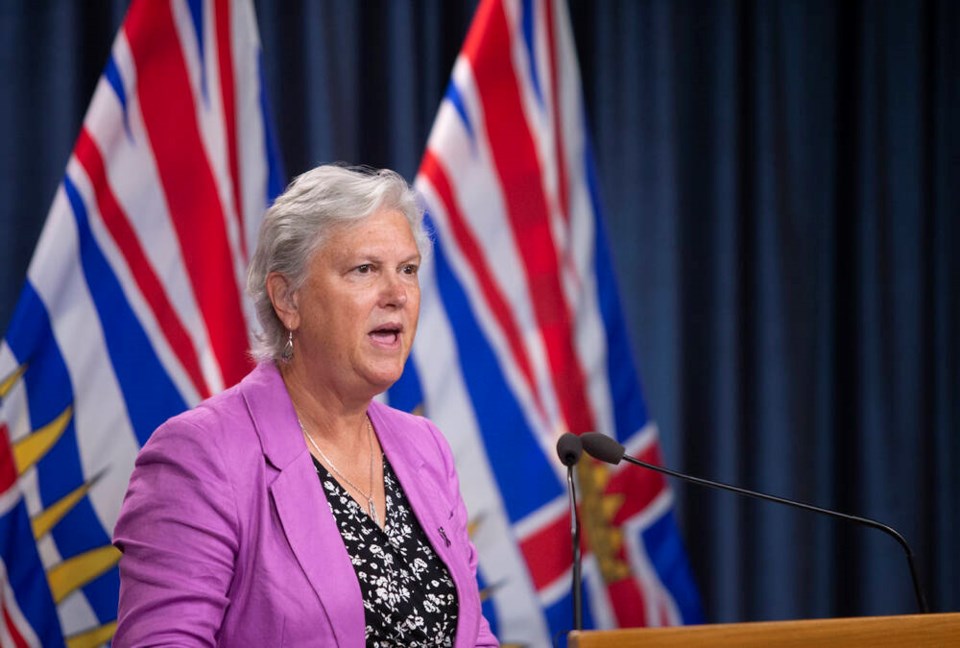The provincial government “has not stepped up” to develop a specific plan to improve services for vulnerable autistic children, B.C.’s children’s representative says.
“That plan should and must provide for comprehensive mental-health screening, assessment and treatment services that are delivered by professionals who have the necessary training,” Dr. Jennifer Charlesworth says in a new report called Toward Inclusion released Wednesday.
“As well, services to Indigenous children need to be co-created and implemented with Indigenous communities.”
If the government is willing, it can make these changes as part of its “reset” of autism funding, which was announced last November after severe criticism from parents forced the NDP to retreat from planned changes.
“Fortunately, there is a window of opportunity to fill this gap in service planning and implementation,” Charlesworth wrote.
In November, the B.C. government retracted a plan to phase out individualized funding for children diagnosed with autism, and replace it with 40 so-called “family connections centres” to provide services.
After parents complained they would lose thousands of dollars a year they relied on to help their autistic children, the centres were paused with the exception of four pilot locations.
“My hope here is that we have a reset where parents are reassured that they will get the services for their kids that they need,” Premier David Eby said in November.
Elena Lawson, a Metchosin mom whose eight-year-old son, William, was diagnosed with autism in 2018, said she hopes the government takes Charlesworth’s report seriously.
Lawson — who began her advocacy in 2021 to protest the government’s new service delivery plan — said the current system forces parents to fight to maintain the most basic autism services for their kids.
“Since the announcement in November, I think the premier was hoping we would all just go away and and be happy and be like, ‘OK, we won.’ ”
However, parents continue to be ignored and there has been no sign the government is making it a priority to improve autism services, she said.
It is unfair, Lawson said, that the annual funding per child goes from $22,000 a year to $6,000 a year once a child turns six. That leaves her paying out of pocket for many services such as speech therapy for William, she said.
“The amount of unnecessary stress that families are still going through after this November announcement is unacceptable,” Lawson said.
Minister of Children and Family Development Mitzi Dean said her office will be analyzing Charlesworth’s report.
“We know that we want to remove those barriers for families. And we know that we want to move toward a needs-based system.”
Dean said the 2023 budget increased spending on children and youth support needs, which includes services for children with autism, by $48.5 million this year.
The ministry is recruiting 90 foundational therapists that provide occupational therapy, speech therapy and other crucial services for children with diverse needs, Dean said.
The government has made gains in efforts to help children, with social policy initiatives such as the Pathway to Hope for improved mental health and addictions treatment, Charlesworth said. But her report laid out some improvements it should make for children with neurodevelopment conditions, such as:
• “purposeful engagement” with Indigenous partners, service providers and families regarding mental health services
• maximizing access to mental-health support in the four pilot centre locations, so those services can be properly evaluated
• after the first two steps, develop and “fully fund” comprehensive mental-health screening, assessment and effective treatment services for youth with support needs
• conduct research to identify the prevalence of mental-health disorders among youth with neurodevelopmental conditions to inform future service planning.
>>> To comment on this article, write a letter to the editor: [email protected]



